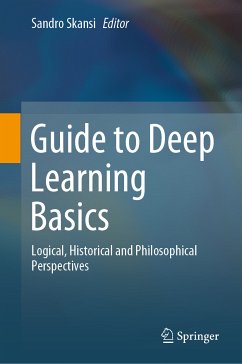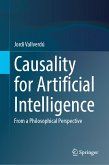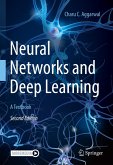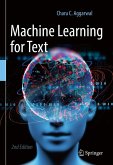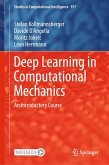Topics and features:
- Provides a brief history of mathematical logic, and discusses the critical role of philosophy, psychology, and neuroscience in the history of AI
- Presents a philosophical case for the use of fuzzy logic approaches in AI
- Investigates the similarities and differences between the Word2vec word embedding algorithm, and the ideas of Wittgenstein and Firth on linguistics
- Examines how developments in machine learning provide insights into thephilosophical challenge of justifying inductive inferences
- Debates, with reference to philosophical anthropology, whether an advanced general artificial intelligence might be considered as a living being
- Investigates the issue of computational complexity through deep-learning strategies for understanding AI-complete problems and developing strong AI
- Explores philosophical questions at the intersection of AI and transhumanism
This inspirational volume will rekindle a passion for deep learning in those already experienced in coding and studying this discipline, and provide a philosophical big-picture perspective for those new to the field.
Dr. Sandro Skansi is an Assistant Professor of Logic at the University of Zagreb, Croatia.
Dieser Download kann aus rechtlichen Gründen nur mit Rechnungsadresse in A, B, BG, CY, CZ, D, DK, EW, E, FIN, F, GR, HR, H, IRL, I, LT, L, LR, M, NL, PL, P, R, S, SLO, SK ausgeliefert werden.

